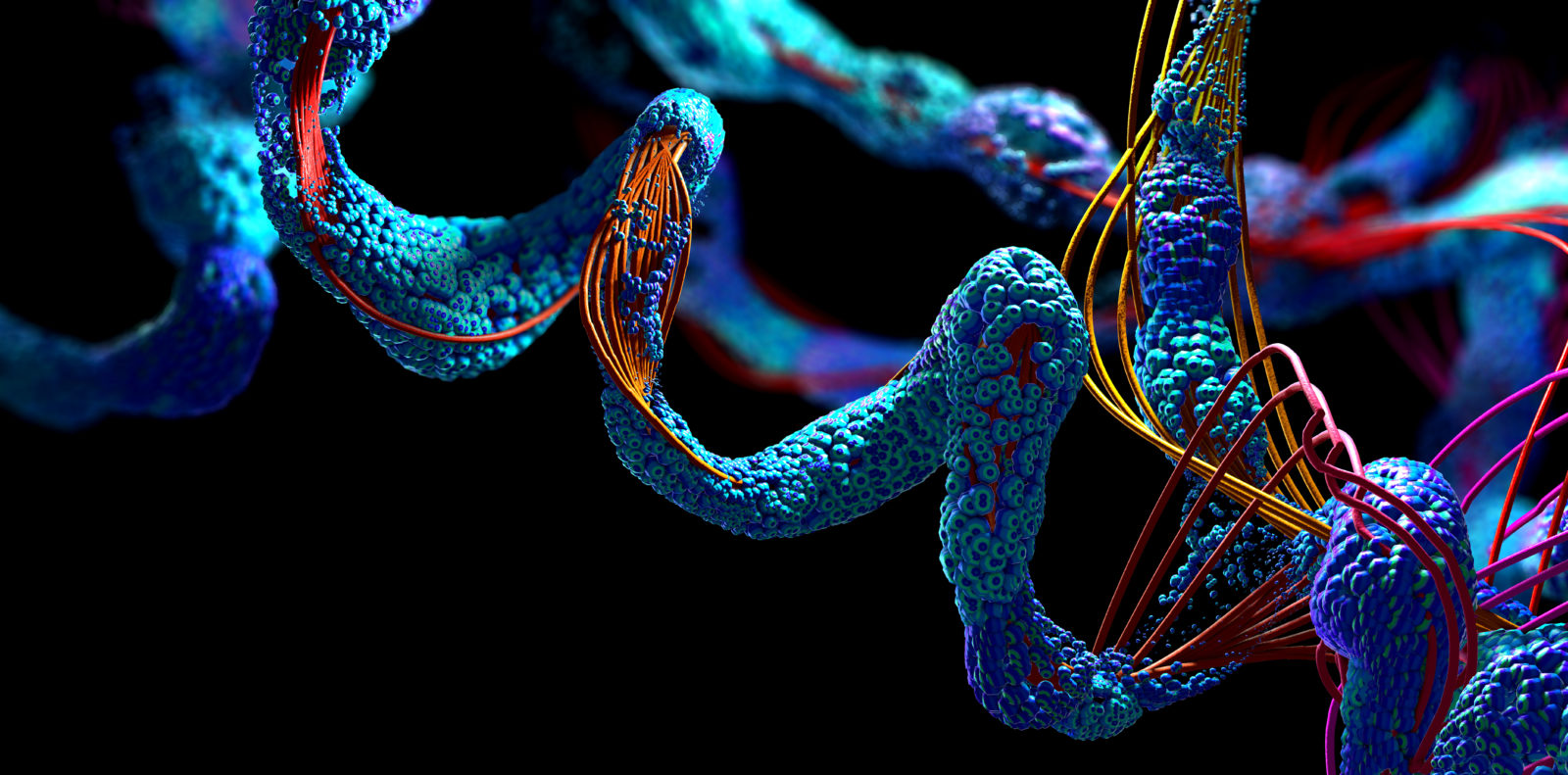


Stephen Meyer: Has the West Forgotten God?
In today’s ID the Future philosopher Stephen Meyer revisits Aleksandr Solzhenitsyn’s Templeton Prize speech from May 10, 1983, where Solzhenitsyn indicted the West for forgetting God. Meyer argues that Solzhenitsyn’s indictment is more timely than ever. But at the same time, there is today more scientific evidence than ever for the existence of a personal God, Meyer says, and the argument from intelligent design is a powerful means to awaken individuals to the presence of God and to renew culture. Meyer goes on to support those claims with concrete examples. Today’s episode is taken from a talk Dr. Meyer gave at the 2023 Dallas Conference on Science and Faith. Meyer is author of the bestselling book Return of the God Hypothesis: Three Scientific Discoveries that Reveal the Mind Behind the Universe.

Nature Paper: Groundbreaking Science on the Decline
On today’s ID the Future philosopher of science Paul Nelson discusses a new paper in Nature making waves in the scientific community, “Papers and Patents are Becoming Less Disruptive over Time.” According to Michael Park and his fellow researchers, the rate of groundbreaking scientific discoveries is declining while the percentage of consolidating (or incremental) science is coming to dominate. Is the spirit of groundbreaking scientific discovery withering, and if so, why? Nelson notes a 1997 book by John Horgan, The End of Science. Nelson credits Horgan for seeing the trend a generation ahead of the Park paper, but Nelson breaks with Horgan on the diagnosis. Horgan posits that groundbreaking science is declining because we have already made most of the big breakthroughs there are to make. Nelson begs to differ. He suggests the problem lies elsewhere and likely is multifaceted. Tune in to hear his analysis and his prescription for reinvigorating the scientific enterprise in the twenty-first century. Crowther and Nelson discuss two other papers during their conversation. For Nelson’s paper on disruption and consensus in science, “The Paradox of Consensus,” go here. For the Thomas Gold paper on the problem of the herd effect in science, go here.

Powerful Protein Folding Algorithm AlphaFold Foiled by Singletons
Today’s ID the Future spotlights AlphaFold, an artificial intelligence program in the news for its impressive breakthroughs at predicting a protein’s 3D structure from its amino acid sequence. Philosopher of Biology Paul Nelson walks listeners through the importance of this “amazing breakthrough,” as he describes it in a recent Evolution News article; but don’t uncork the champagne bottles just yet. The reason, according to Nelson, is that while proteins, protein sequences, and protein folding promise to reveal much that is still mysterious in molecular biology, we now know that biological information involves far more than just an organism’s proteome—that is, far more than the full suite of proteins expressed by an organism. Nelson uses analogies to manmade machines and cognates among closely and distantly related human languages to shed light on just how much more sophisticated the biological information directing life is than any model narrowly fixated on DNA, the amino acids DNA codes for, and the protein formed from those amino acids. Nelson further explains that, as powerful as the AlphaFold algorithm is, it has not solved the protein-folding problem, if we take such a solution to mean “predicting the three-dimensional conformation of a protein strictly from its primary DNA sequence, ab initio.” The clearest evidence of this: the algorithm is utterly stymied by sequence “singletons.” What are these curious sequences, why do they baffle AlphaFold, and why do these singletons trouble some evolutionists? Tune in as Nelson and host Eric Anderson explore this problem at the leading edge of biological research.

Taking Leave of Darwin’s Warm Little Pond
Today’s ID the Future offers a sneak peek at the new book Taking Leave of Darwin: A Longtime Agnostic Discovers the Case for Design by Neil Thomas (Discovery Institute Press). Here Scotsman Andrew McDiarmid reads from a Chapter 2 segment titled “The Elusive First Step.” Much of the book is a critical examination of Darwin’s theory of biological evolution, in its original and updated forms; but here Thomas takes up Darwin’s proposal for the unguided origin of the first living cell. Thomas, like others before, points up the persistent and growing problems with a designer-free origin of life, but here he also explores some of the cultural influences that primed society to view the leap from non-life to life as easily made. Frankenstein’s monster makes an appearance, but tune in to see how the behavior of some actual investigators grew almost stranger than fiction. And to learn how some of the beliefs undergirding the pseudoscience of re-animation persist today in reincarnated form (in the field of abiogenesis), pick up a copy of Thomas’s Taking Leave of Darwin: A Longtime Agnostic Discovers the Case for Design.